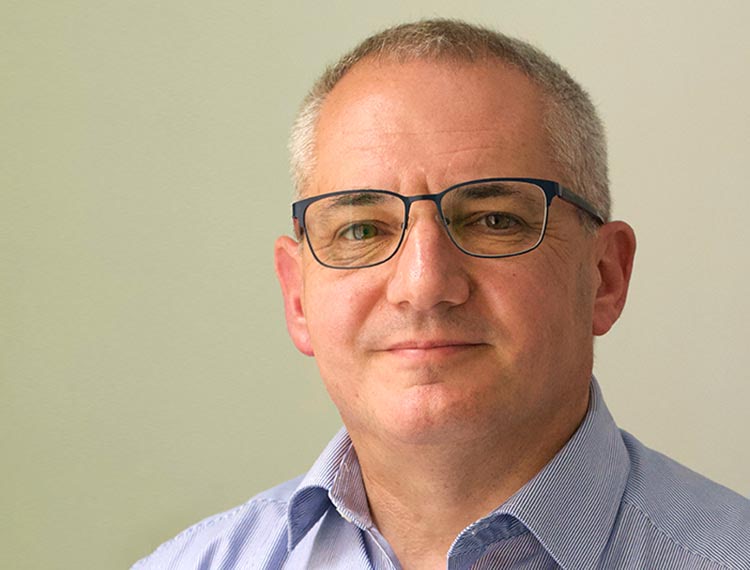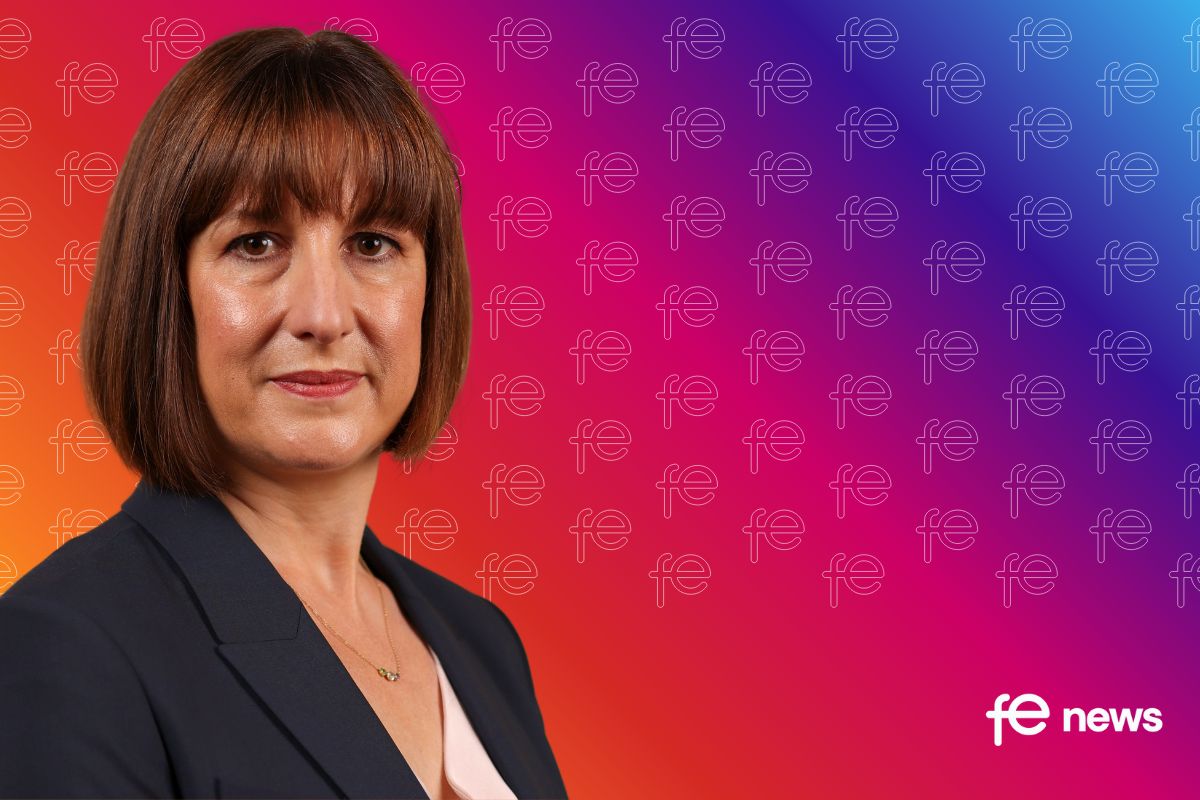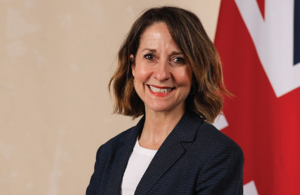A Brave New Education

Another college is possible, and it should be founded on an agreed public purpose and shared values. While college cannot aspire to be utopia it can be a place where we imagine and discuss utopia, making new connections and expanding our reach and our ambition for ourselves and our world. Starting with the knowns we bring with us, the utopian imagination can help us to dismantle what is given and construct something better.
This is the sort of approach described by US educationalists David Tyack and Larry Cuban as ‘tinkering towards utopia’:
Utopian thinking can be dismissed as pie-in-the-sky or valued as visionary; tinkering can be condemned as mere incrementalism or praised as a common-sense remedy for everyday problems … We favour attempts to bring about such improvements by working from the inside out, especially by enlisting the support and skills of teachers as key actors in reform. (Tyack and Cuban, 1995: 1,10)
Rather than merely defending what we have, we need to imagine better colleges where communities can come together to work out, and try out, their own solutions. A place where students, teachers and others can meet and speak and work on terms of equality, democracy and mutual respect. As well as learning about the best that has been thought and said, our students need to acquire the skills to make their own judgements and join the human conversation as equals.
How should we conceive the curriculum for our better college?
It should have today’s and tomorrow’s challenges at its heart, starting from the pressing needs of our students and communities. It should be rooted in an understanding of the past as well as the present, and should equip young people with the analytical and practical tools they will need in the future. It should offer students more time to engage with human culture in greater depth and breadth. It should give them the opportunity to create a masterpiece, their best contribution so far, and to engage with others in the work of citizenship, community care and peace building.
Is this ‘such stuff as dreams are made on’? Absolutely. Is it impossible? Absolutely not.
Many of the elements of this better college exist within today’s colleges, in the moments when learning comes to life and things suddenly make sense, or when students start to apply what they’ve learnt unprompted, to shape their own activity and pursue new avenues independently, or when they initiate and engage in reading, research, social action, or campaigning for a purpose of their own choosing.
We need to nurture these opportunities and start building the college of the future around them, even if our current tools and resources are inadequate.
The Spanish poet Antonio Machado says: ‘there is no path, the path is made by walking’ (Machado, 1912). It is up to us to decide which direction to go in and to make our path the best we can.
The brave new world
We need to be brave enough to loosen our attachment to some of our certainties and ways of doing things, to question and be questioned and to face our own fears in order to be able to hope, dream, experiment and act. But all our bravery, questioning and imagination will be an ‘insubstantial pageant’ destined to ‘melt into air’ unless it has some tangible impact on the way we live and shape our world. We need to follow reflection with action, however limited.
Oscar Wilde wrote that ‘progress is the realisation of utopias’ and ‘a map of the world that does not include utopia is not worth even glancing at’ (Wilde, 2013: 34).
So, what practical tinkering can we engage in to help place our colleges in the same atlas as utopia, if not in utopia itself? On a large scale, political, systemic and institutional reform are certainly necessary. But change can also start on a small scale at the margins and move to the centre. What starts as prefigurative practice can end up at the heart of a college’s work.
Here are a few questions that any member of a college community could ask, as a starting point for developing what is on offer in their college:
- How do we introduce our students to a wider range of cultural experiences so as to develop their cultural literacy and critical skills, through reading and discussion groups for example?
- How do we develop a democratic, deliberative approach to educating about major global and local concerns, with students evaluating evidence, engaging in dialogue, learning to disagree and resolve conflict?
- How do we promote student engagement and representation practices and structures and develop the leadership and advocacy skills to make them effective?
- How do we create a coherent, engaging political literacy programme that teaches students about power, rights and values?
- How do we support and value the production of student masterpieces, through research, performance, creative or community activity?
Students’ experience of college should help them reassess their values and the meaning of their lives. They should emerge both wiser and less convinced of their wisdom, aware of both their power and their responsibilities.
As well as preparing them for progression and work, we need to see them as citizens, creators and carers, skilled in the democratic habits of participation, representation, leadership and change-making.
Colleges can be where these habits are learned and practised. Because they reach into every community and meet such a broad range of educational needs, colleges are uniquely placed to help us to navigate the tempests we encounter, challenge the tyranny of ‘no alternatives’, engage with the not-yet-known, and become the ‘gorgeous palaces’ and ‘solemn temples’ that will help to shape the brave new world we know is possible.
Eddie Playfair is a Senior Policy Manager at the Association of Colleges (AoC)
Eddie Playfair has worked in education for 37 years, mostly in further education, and he was a college principal for 16 years.
An extract from Caliban’s Dance: FE after The Tempest, edited by Maire Daley, Kevin Orr and Joel Petrie. Trentham Books, UCL IOE Press, 2020. Save 20% on the paperback with code FVCAL at UCL IOE Press
References:
Machado, A. (1912) ‘Campos de Castilla’, ‘Proverbs’ and ‘Songs 29’, trans. Craige, B.J. In Selected poems of Antonio Machado (1979) Baton Rouge: Louisiana State University Press.
Tyack D. and Cuban L. (1995) Tinkering Toward Utopia: A century of public school reform. Cambridge, MA: Harvard University Press.
Wilde, O. (2013; original publication 1891) De Profundis and Other Prison Writings. Harmondsworth: Penguin.











Responses